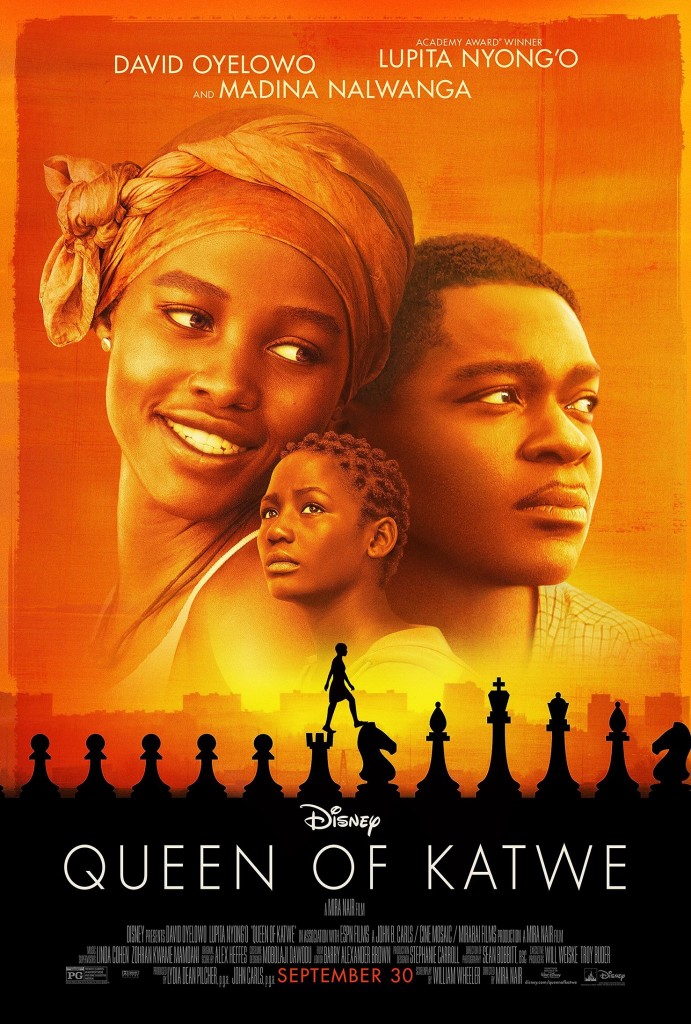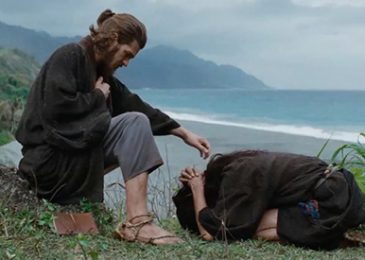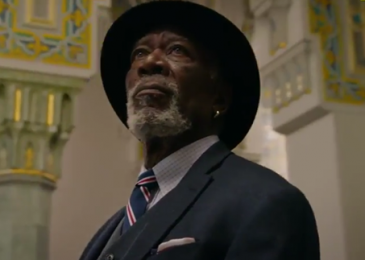
It’s a miracle.
The phrase is pregnant with Christian portent. Yes, other religions have their own sets of miracles, but Christianity seems to put a special emphasis on them. Jesus performed plenty of miracles, from killing fig trees to raising the dead, each one used as one more proof of His divinity. And ever since then, miracles have always been an important part of the Christian story—and Christian stories.
Christian movies are enamored with the miraculous. Just this year, we’ve seen nifty tricks from The Young Messiah to the Resurrection in Risen to the crazy-but-true healing that takes place in the aptly named Miracles From Heaven.
But for most Christians, faith isn’t predicated on show-stopping twists of the laws of nature. Most of us never see a miracle like this, as much as we might wish to. We want to see parting seas or pillars of fire. Instead we get a still, small voice—one so quiet that we sometimes wonder whether we heard it at all.
Maybe that’s one of the reasons why I like Disney’s Queen of Katwe so much.
Phiona Mutesi (played by Madina Nalwanga) is no queen: She’s a pawn. The girl lives in one of the poorest regions of Uganda, scraping a life together by selling corn on Katwe’s crowded, chaotic streets. She has no father. Her mother (Lupita Nyong’o) has no money to send Phiona to school. Every night, they gather to give thanks for what they have, but they have so very little. If anyone could use a miracle, she could. She and millions of other children who live in much the same way.
“Do you think God has forgotten us?” Phiona asks her older sister, Night.
“I don’t think God cares about us one way or another,” Night says.
But God has not forgotten.
But in the midst of this poverty, there’s a ministry—Agape Sanctuary Ministry, it’s called. I don’t know much about the actual ministry, but I imagine it’s funded through the small donations of thousands of supporters—people who give in the hopes that God might somehow work a little miracle through their donations of a dollar or two.
Robert Katende (David Eyelowo) is part of that ministry, at least for now. He really wants to be an engineer: That’s what his degree is in, what he’s dreamed of for much of his life. But engineering jobs are scarce right now, so Robert takes a job as a sports outreach director for Agape. It seems like it’s supposed to minister to Uganda’s poor kids through soccer. But while Robert’s a fine soccer player, he as a broader definition of the word “sports.” He creates a chess club. Soon some of Katwe’s poorest children are stumbling through its doors to get a free meal and a few lessons in this strange new game. Phiona and her brother are two of them.
And so begins a little miracle. A whisper of one.
There are no bright lights flashing in the heavens, no angels shouting for joy: Just a Christian chess coach working through a Christian organization helping a child—in this case a Christian child who wonders whether God has forgotten her. It’s the same little miracle that’s replicated in countless ways across the globe every day. Children are fed through the money of strangers. They’re educated thanks to dedicated volunteers. The homeless are housed. The sick are cared for.
Statistically, the United States is an exceptionally generous country. Americans donated about $373 billion to charity in 2015. Religious Americans tend to give more: The more religious they are, the more they’re likely to give. They’re more likely to donate their time, too, making some of these little miracles possible.
And sometimes, those little miracles can turn into something bigger.
Phiona, like most of the kids in Robert’s club, enjoys chess. She’s also really, really good at it. Soon she and her Katwe teammates are taking on kids who came from more affluent backgrounds and had been playing the game for years. They began beating these players, giving them a sense of pride and accomplishment. Soon, Phiona—a chess prodigy, turns out—eyes even higher quarry. This pawn becomes a chess queen, both in the movie and the real-life story it’s based on.
And her story keeps going even after the credits roll.
The real Phiona Mutesi still plays chess, of course. But she has even bigger ambitions. “I want to be a physician as when I was in the slum, I used to see kids suffering,” Phiona told the BBC in 2014. “It inspired me to become a doctor and help.”
Phiona was not touched by an angel to suddenly become a world-class chess master. She did not wake up one day with superhuman skill, like a chess-playing Spider-man. Yes, she was born with the ability—a gift from God. But she worked to grow and hone that ability. The little miracle doesn’t lie in her achievements, but that she had the chance to achieve—thanks to Robert, a Christian ministry and perhaps the kind, anonymous donations of strangers.
Phiona’s story is inspiring in itself. But it’s also inspiring in that, if we look closely enough, we see how we, too, can be a part of God’s plan throughout the world. How we can be a piece of small, daily miracles that happen all the time.





